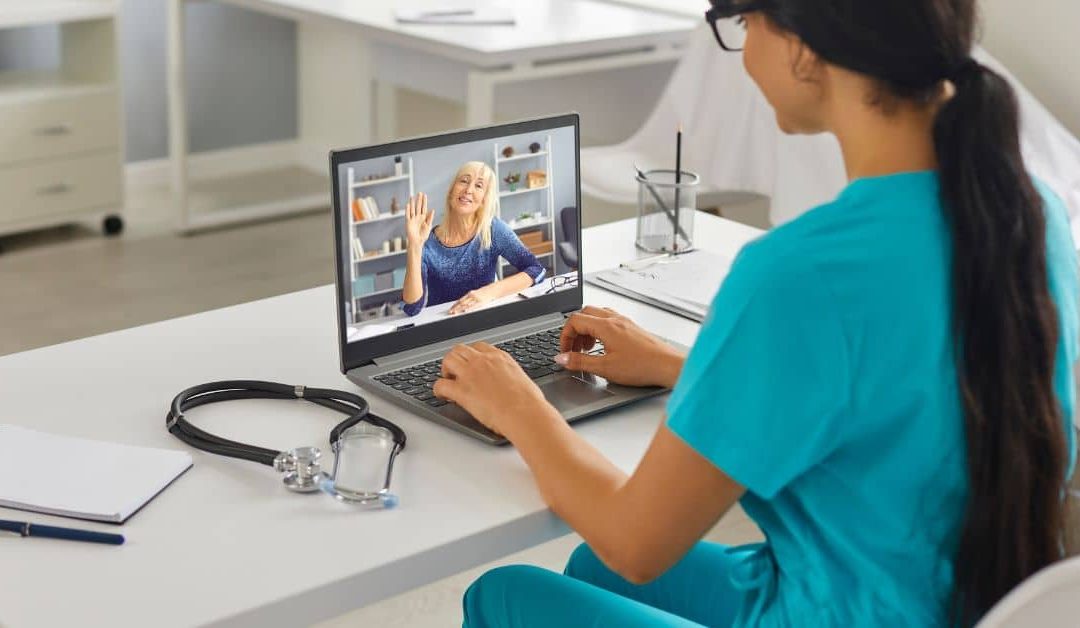The integration of telehealth into healthcare has been transformative, and the field of medico-legal assessments is no exception. Remote consultations offer unique benefits in personal injury cases, streamlining processes and expanding access to medical experts. In this blog post, we’ll explore the increasing use of telehealth in medico-legal assessments, its advantages, potential limitations, and how it will likely shape the future of the industry.
What is Telehealth?
Telehealth encompasses a range of technologies that allow healthcare providers to offer consultations, diagnosis, treatment, and monitoring remotely. This includes video conferencing, phone consultations, secure messaging platforms, and the use of remote monitoring devices.
The Benefits of Telehealth in Medico-legal Assessments
- Increased Accessibility: Remote consultations enable injured individuals in rural or remote areas to access specialist medical expertise that might otherwise be unavailable due to geographic barriers.
- Convenience and Time-Efficiency: Telehealth eliminates travel time and associated costs for both the injured party and the medical expert, making the assessment process more convenient for all involved.
- Reduced Scheduling Delays: With greater flexibility for appointments, telehealth can expedite processes within a legal case, potentially reducing claim resolution times.
- Potential Cost Savings: Decreased travel and overhead costs can translate into lower assessment expenses for insurers and law firms.
Considerations and Limitations
- Technical Requirements: Both the assessor and the individual require reliable internet connections and suitable devices for video consultations.
- Suitability for Assessment Type: While effective for many assessments, some injuries or conditions may necessitate in-person physical examinations.
- Rapport and Observation: There might be subtle nuances in nonverbal communication or physical observations that are more challenging to assess via telehealth compared to in-person interactions.
- Medico-legal Guidelines: Specific jurisdictions may have varying regulations and guidance governing the use of telehealth in medico-legal assessments.
The Future Outlook
Telehealth is not about replacing traditional in-person assessments entirely. Rather, it offers a valuable supplementary tool that can enhance the medico-legal process when used appropriately. As telehealth technology advances and its acceptance grows, we can expect the following trends:
- Hybrid Models: A combination of in-person and telehealth appointments might become standard, tailoring the approach to the specific requirements of each case.
- Telehealth-Specific Training: Medical professionals will likely undergo specialised training to optimise their expertise in conducting medico-legal assessments remotely.
- Evolving Regulations: Legislation and guidelines surrounding telehealth in medico-legal contexts will likely continue to evolve.
Assessment Hub: Adapting to the Changing Landscape
At Assessment Hub, we recognise the potential of telehealth to improve efficiency and accessibility of medico-legal assessments. We carefully consider the suitability of telehealth for each case and are committed to upholding rigorous standards in both telehealth and in-person assessments. Our network of medical experts stays up-to-date with the latest telehealth technologies and best practices.
If you have any questions about how telehealth can be integrated into your medico-legal processes, contact us today.

